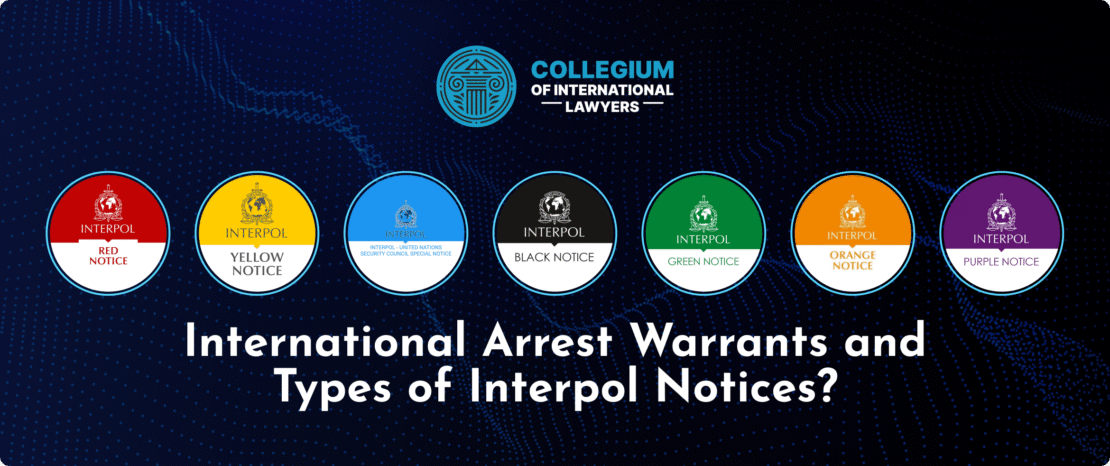
The Extradition Process in Spain: Legal Framework and Implications
The extradition process in Spain plays a crucial role in international law and judicial cooperation. Understanding how it works is essential for grasping the complexities of the legal landscape in a globalized world. Spain, as a member of the European Union and various international treaties, adheres to specific protocols that govern the extradition of fugitives. This article delves deep into the intricacies of the extradition process, focusing on its legal aspects, practical implications, and future outlook, particularly in the context of proceso de extradición en España cooperación judicial en 2025.
Understanding Extradition
Extradition is the formal process through which one country delivers a person accused or convicted of committing a crime to another country where the offense took place. This procedure typically requires legal agreements or treaties between the involved states to ensure that the individual receives a fair trial and their rights are respected. In Spain, the extradition process is governed by both national laws and international agreements.
Legal Framework in Spain
In Spain, the legal basis for extradition is primarily found in the Spanish Constitution, criminal procedure laws, and specific international treaties. The key legislation includes:
- Article 13 of the Spanish Constitution: This article emphasizes the right to asylum and recognizes that extradition can only be executed based on legal agreements.
- Spanish Criminal Procedure Code: This code outlines the judicial framework for processing extradition requests, including requirements for documentation and evidence.
- International Treaties: Spain has signed treaties with various countries, including the European Convention on Extradition (1957) and bilateral agreements with several nations. These treaties establish the guidelines for extradition, ensuring uniformity in legal proceedings.

Types of Extradition Requests
Extradition requests can vary based on the nature of the alleged crime or the status of the individuals involved. There are generally two types of requests:
- Active Extradition Requests: These are initiated by a country seeking to extradite a fugitive found in Spain. The requesting country must provide sufficient evidence of the alleged crime.
- Passive Extradition Requests: Spain may also seek to extradite individuals who have committed crimes outside its borders. The process follows similar legal protocols as active requests.
The Extradition Procedure
The extradition procedure in Spain involves several key stages:
- Submission of Request: The process begins when a judicial authority from another country submits an extradition request to the Spanish Ministry of Justice.
- Evaluation of Request: The Ministry of Justice assesses whether the request complies with legal requirements, including the existence of a treaty and the double criminality principle, which states that the act must be considered a crime in both countries.
- Judicial Review: Once the Ministry deems the request valid, it is sent to the Spanish courts, which conduct a thorough judicial review to determine whether to grant the extradition.
- Decision: The court issues a ruling that can either approve or deny the extradition. If approved, the individual can appeal the decision, which can further prolong the process.
- Execution of Extradition: After all legal avenues are exhausted, if extradition is upheld, the authorities will arrange the transfer of the individual to the requesting country.
Grounds for Refusal
There are several grounds on which Spain may refuse an extradition request, including:

- The crime is not recognized under Spanish law (principle of double criminality).
- The individual faces a risk of death penalty or inhumane treatment in the requesting country.
- The right to a fair trial may not be guaranteed in the requesting country.
- The extradition request is politically motivated.
Recent Trends and Future Outlook
In recent years, the extradition process in Spain has undergone several changes in response to evolving international legal standards and cooperation agreements. The growing emphasis on transnational crime, including terrorism, human trafficking, and cybercrime, has led to a more collaborative approach to extradition.
Looking towards the future, Spain’s commitment to international cooperation in the realm of justice is likely to enhance the efficiency and effectiveness of its extradition process. The implementation of new technologies and the establishment of stronger legal frameworks through treaties will play a significant role in shaping the future of extradition, especially by 2025 and beyond.
Conclusion
The extradition process in Spain is a complex legal mechanism that reflects the balance between national sovereignty and international cooperation. As the global landscape continues to evolve, Spain must adapt its extradition policies to ensure justice while respecting the rights of individuals. By understanding the intricacies of this process, stakeholders can better navigate the challenges of transnational justice and contribute to a more cooperative international legal framework.